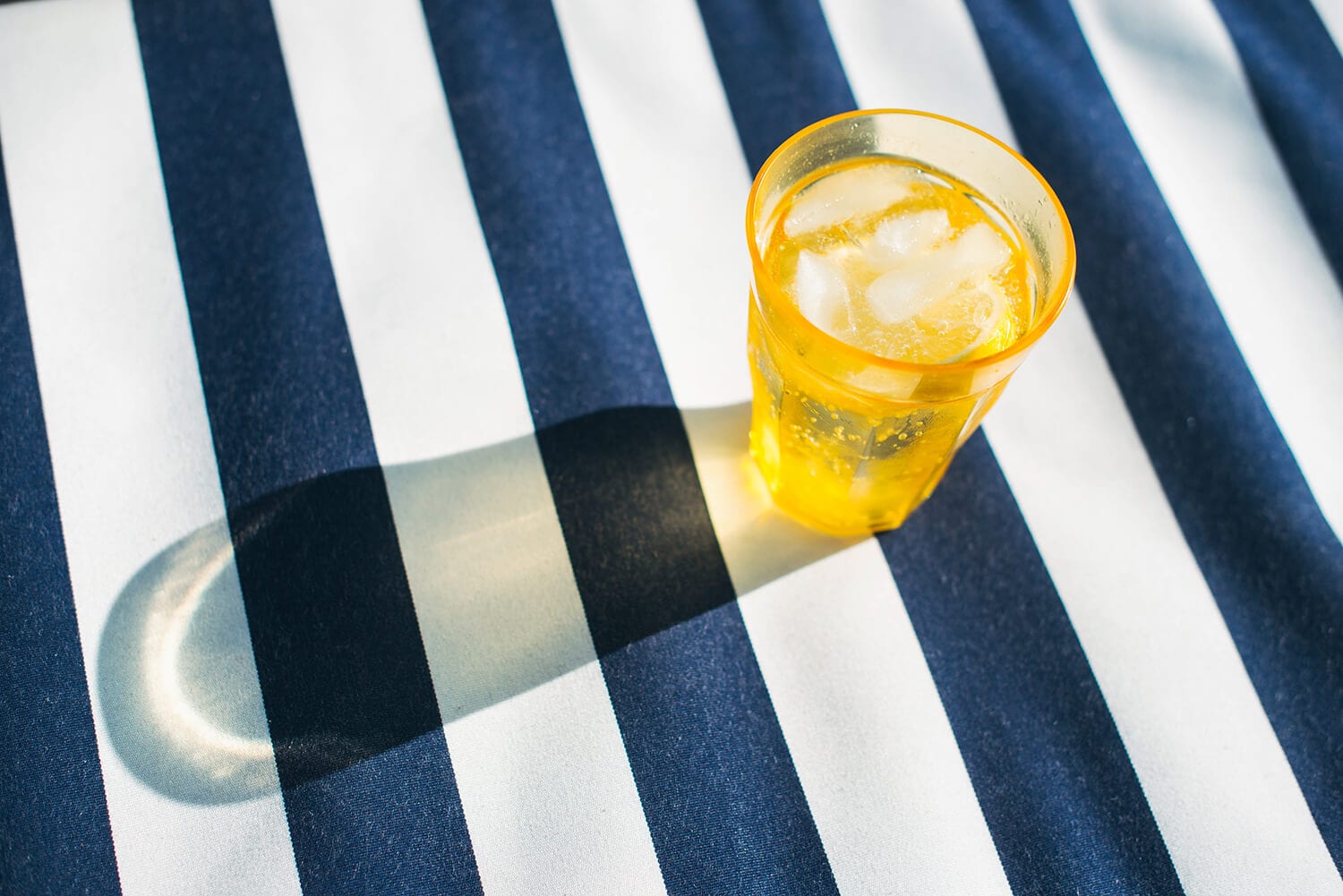“I was very proud of the fact that I never missed a day as a result of my addiction. That’s what kept on telling me that I must not be an addict because I had a job and I kept on going to work. I was paying the bills.”
 Patrick Zierten was well-respected and successful in the restaurant business: “I was a general manager for Kentucky Fried Chicken out here in British Columbia. So, I was running all 85 of the restaurants. I worked for Burger King before that. I was in charge of Western Canada for Burger King.”
Patrick Zierten was well-respected and successful in the restaurant business: “I was a general manager for Kentucky Fried Chicken out here in British Columbia. So, I was running all 85 of the restaurants. I worked for Burger King before that. I was in charge of Western Canada for Burger King.”
And he was an alcoholic.
“I probably knew I had a problem in my mid 30s. I began to ask that question. I could no longer blame circumstances in my life for the way I was drinking alcohol, but it wasn’t until my 40s that I began to say, ‘Oh hell, I’m an alcoholic and I need to get help.’ But by that point, it was very difficult for me to stop or control it.”
Patrick’s preferred drink was vodka: “There was a time when I thought I was sophisticated but at the end it was just straight vodka, cheapest stuff you could get.”
“For me, at the end I was suicidal.”
“I could not stop. I wanted to stop but I could not stop, and it was scary. So, I thought the only thing that I could do was jump off a bridge.”
“My worst memory?”
“Probably leaving my family. I abandoned my family and left them, and I did terrible things that I felt terribly ashamed about. Chasing my addiction rather than getting better.”
“It’s the deplorable behaviours that we exhibit while we’re in our addiction that cause us a terrible pain in our gut.”
“And I had blamed my wife, my ex-wife, for all the problems in my life. You’d drink if you were married to you and so on and so forth. And then the devastation that occurred when I left. I broke everybody’s heart and it was terrible and the kids were devastated.” Patrick’s children were 4, 12 and 14.
There’s a way out.
“Actually, some fellow came to my door who I’d worked with for many, many years. Actually, I was his boss and he had somehow gotten into recovery and heard about my situation. And he came in and said, ‘You don’t have to do this anymore. There’s a way out.’ And that began my recovery. I was in detox two days later.”
Patrick was 42 when he got sober in 1995.
“When I got sober, I realized that there is no meaning and value in selling hamburgers and fried chicken and I felt compelled or called to enter the counselling field.”
 Patrick is the Director of the Vancouver Edgewood Health Network Clinic (EHN). The EHN includes five residential treatment centres across Canada and six outpatient facilities. Inpatient programs cost about $26,000 per client. EHN’s Intensive Outpatient Program, at about $5,000, is a more affordable option for alcoholics and addicts.
Patrick is the Director of the Vancouver Edgewood Health Network Clinic (EHN). The EHN includes five residential treatment centres across Canada and six outpatient facilities. Inpatient programs cost about $26,000 per client. EHN’s Intensive Outpatient Program, at about $5,000, is a more affordable option for alcoholics and addicts.
“Most of the people that we have here are high functioning alcoholics or addicts. We very seldom get street entrenched folks in here because they can’t afford to pay.
“It’s unfortunate in our province, in our country for that matter, either you have to have a tonne of money to get treatment or you have to be very, very poor in order to get treatment. And a high-functioning alcoholic doesn’t necessarily want to engage with the street-entrenched people in the publicly funded treatment centres. Do I think that’s wrong? Yeah, probably, and it’s a hurdle for the high-functioning alcoholic to get into treatment because they don’t want to engage with the lower end folks.
I see lawyers. I see doctors. I see first responders, fire fighters and police officers, sales people and business guys, developers, everything, I see across the board. There’s not one sort of a culture or a career path that seems to have more alcoholics than any other.”
“So, it doesn’t mean that just because your high-functioning that you’re not an alcoholic.”
“We incorporate things in our life to convince us that we can’t be alcoholic. So, we get up in the morning and go to spin class or run 10 miles or whatever the case may be. We work all day and then we come home and drink a bottle of wine.”
Patrick says that high-functioning alcoholics perform a juggling act with their family, their career and their addiction: “It’s only in late stages of our addiction that it becomes more and more difficult to do that. And only when the plates are too difficult to spin you start having the negative consequences and your family gets impacted and your job gets impacted and eventually, if they don’t catch it in time, they end up as a street entrenched alcoholic or addict.”
“The more we break our anonymity, the easier it is for people that are high-functioning to get into treatment.”
“All we see anymore on the news is the poor bastard that’s on the Downtown Eastside and how they’re dying of opiate overdoses, but you never hear about the high-functioning alcoholic.”
For more on the topic see Sarah Allen Benton‘s book, Understanding the High-Functioning Alcoholic: Breaking the Cycle and Finding Hope.

Leave A Comment